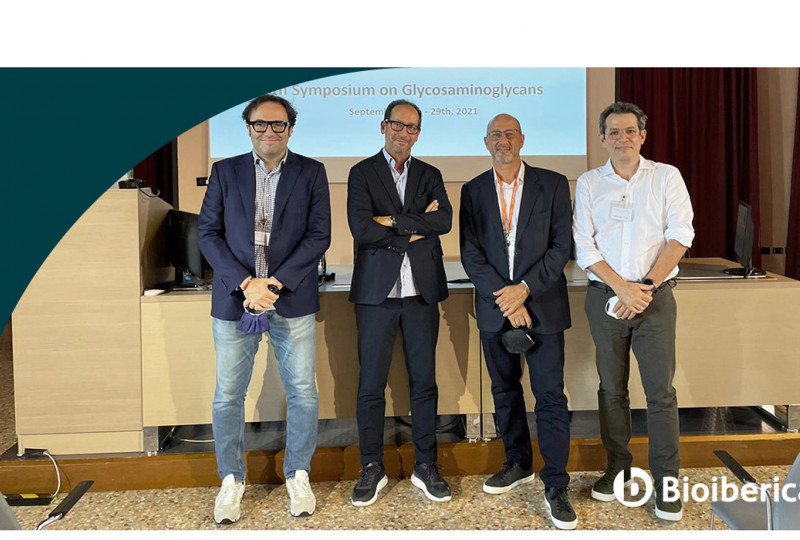Heparin is the drug of choice for the prevention and treatment of thrombosis in cancer patients
- Thrombosis is one of the most common causes of death, with more deaths attributable to it than to cancer, traffic accidents, or HIV
- One out of every five thromboses are associated with cancer
- Heparin is the most widely used drug for the prevention and treatment of thrombosis, and it has been declared “essential medicine” by the WHO

2016 marks 100 years since the discovery of heparin, a biological medicine that saves every year 100 million lives thanks to its anticoagulant action. To celebrate this centennial, the Pro CNIC Foundation and Bioiberica, with the collaboration of Sanofi, Laboratorios Rovi, the COTEC Foundation for Innovation and Marca España have arranged an institutional and scientific event that will be held in Madrid next Friday, June 17. This event will be attended by prestigious lecturers such as Dr. Valentí Fuster, Dr. Robert Daniel Rosenberg, along with Ms. Carmen Vela, State Secretary for R&D, and Mr. Jorge Barrero, General Director of the COTEC Foundation for technological innovation.
Heparin is the primary treatment for the prevention of venous thrombosis, a pathologic process which kills more people per year than cancer, HIV or traffic accidents, as well as lung embolisms. According to information provided by Dr. David Jiménez, from the Ramón y Cajal Institute of Healthcare Research and pulmonologist at the Ramón y Cajal University Hospital, “Those patients who survive a thrombosis have very severe associated complications, such as lung hypertension, which may significantly reduce their life expectancy. Any hospitalized person risks suffering a thrombosis. Fortunately, after having satisfactorily treated hundreds of thousands of people with heparin, we have accumulated a large degree of experience.” This medicine is effective for the prevention as well as for the treatment of thrombosis.
Heparin was declared by the WHO an essential drug, and it is used by different medical and surgical specialties such as general surgery, vascular, emergency medicine, trauma, oncology and hematology, among others.
In addition, it is widely used in oncology, for according to Dr. Andrés Muñoz (head of the Medical Oncology Service and main researcher in various hepatic, pancreatic and biliary cancer projects at the Gregorio Marañón University Hospital, Madrid) one out of every five thromboses are related to cancer. “A cancer patient has from 4 to 6 times more risk of developing thrombosis than the rest of the population. Some studies have already proved that the use of enoxaparin in pancreatic cancer patients under chemotherapy outpatient treatment may reduce the incidence of thrombosis by 60%”.
Although it has turned 100 years old, heparin is still one of the essential drugs in the medical arsenal, in particular in modern surgery. Additional uses are being researched in malaria, cystic fibrosis, prevention of repeated miscarriages and oncologic treatments. Dr. Muñoz highlighted its potential for the future: “We are studying its possibilities, not only of the prophylaxis of outpatient oncologic patients for the prevention of thrombosis, but also for oncologic treatment. We have observed that heparin might have some antitumor properties, with studies being undertaken to that end”.
Related News
A crucial initiative to prevent shortages of critical medicines in the European Union.
The 28th Symposium on Glycosaminoglycans, an internationally renowned scientific event focusing on glycosaminoglycans, will be sponsored by
- Bioiberica produces 20% of the world's Heparin API.
- Heparin saves around a hundred million lives every year.
- One out of every 5 doses of heparin administered in the world comes from Bioiberica.


